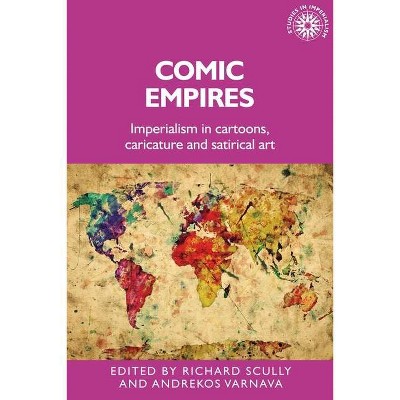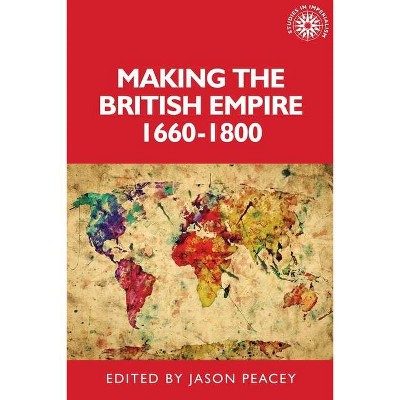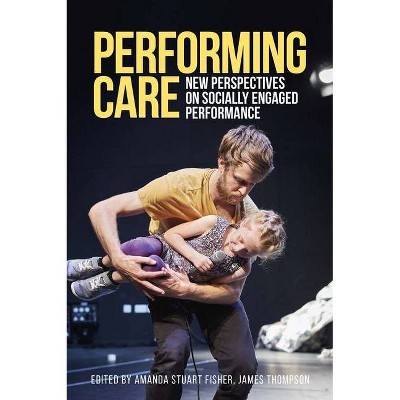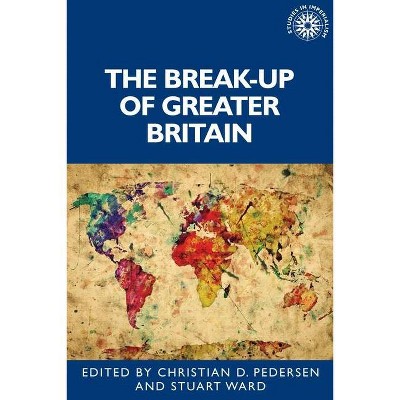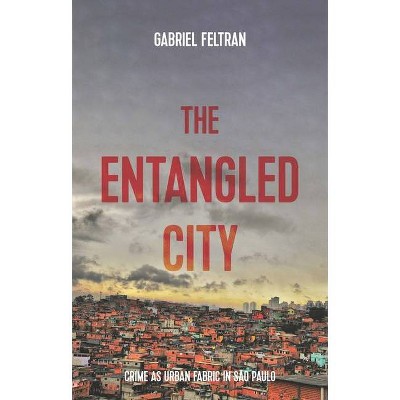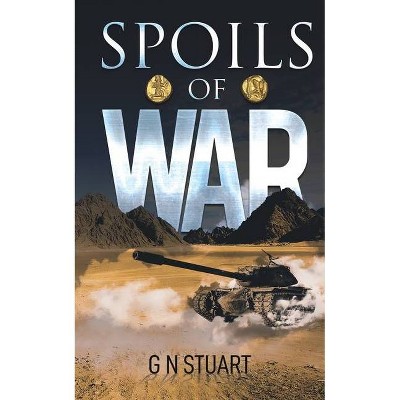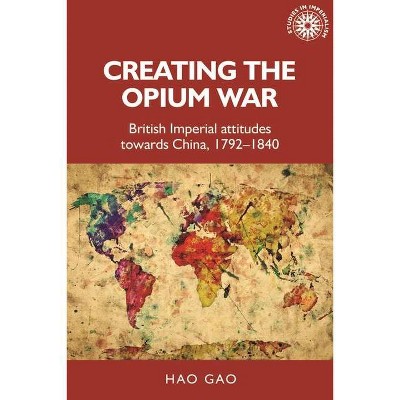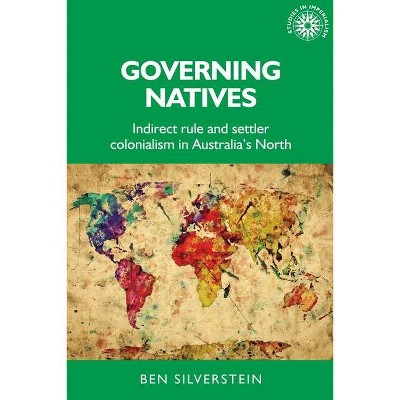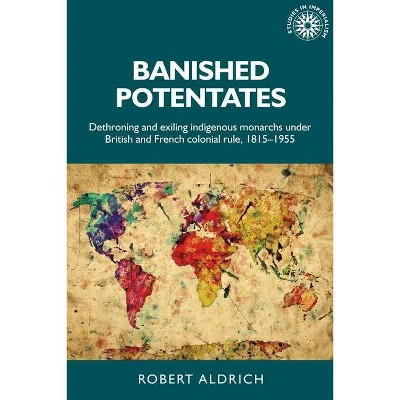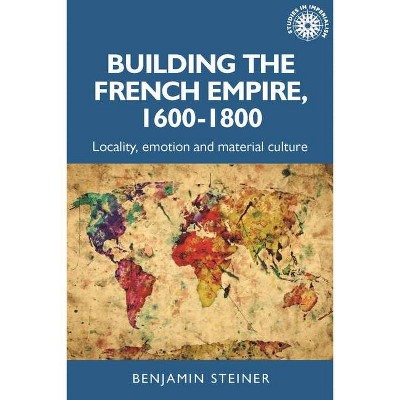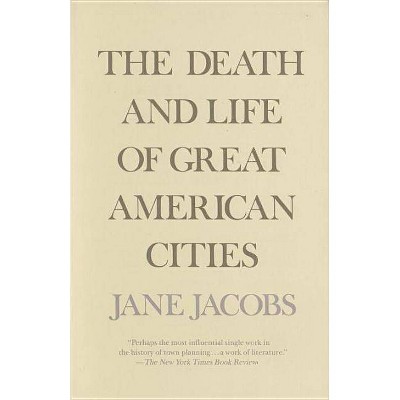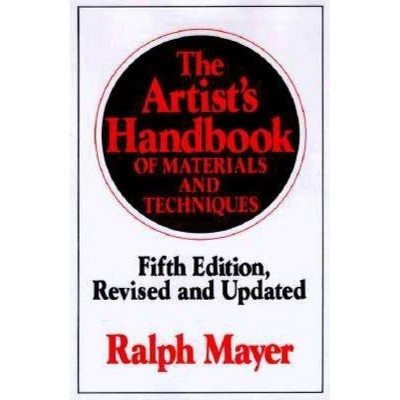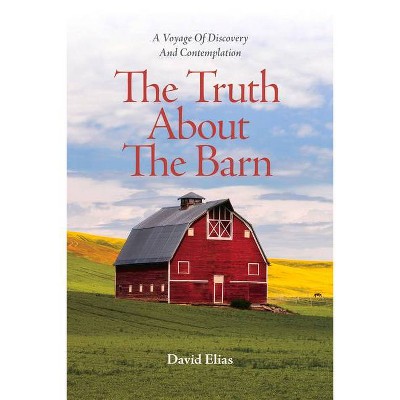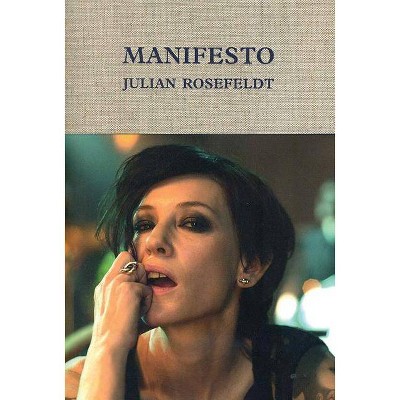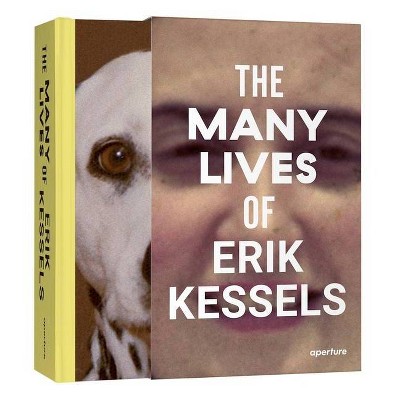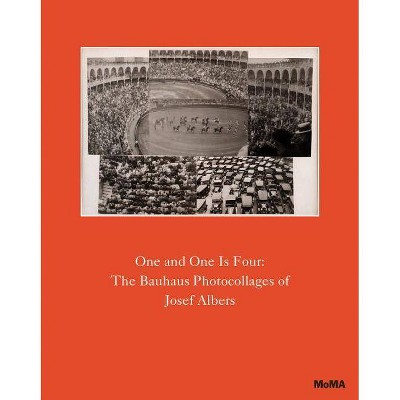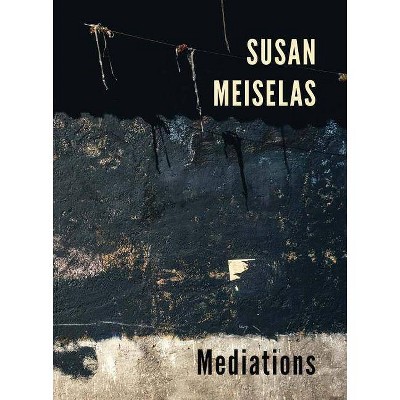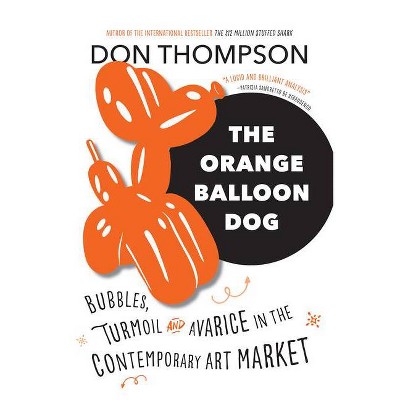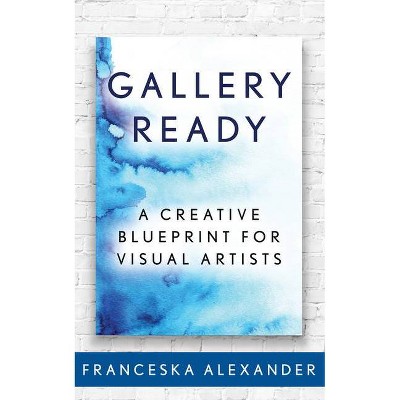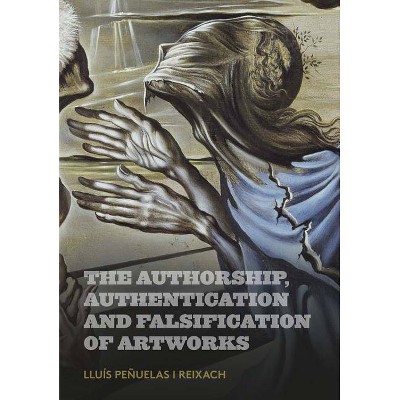Dividing the Spoils - (Studies in Imperialism) by Henrietta Lidchi & Stuart Allan & Alan Lester (Hardcover)
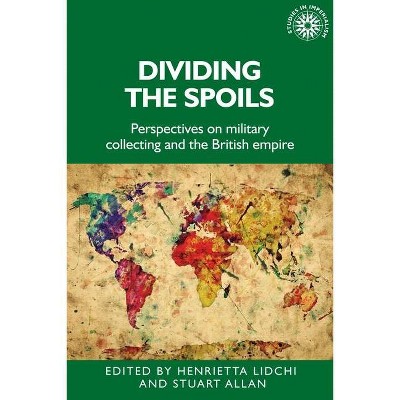
Similar Products
Products of same category from the store
AllProduct info
<p/><br></br><p><b> About the Book </b></p></br></br>As museums across Europe reckon with the post-colonial legacies of their collections, this volume combines approaches from material anthropology, imperial and military history to shed light on the acquisition and appropriation of objects during British colonial warfare. The authors offer a nuanced view of how the amassing of objects was governed and understood within military culture.<p/><br></br><p><b> Book Synopsis </b></p></br></br><p>At this time of heightened international interest in the colonial dimensions of museum collections, <em>Dividing the spoils</em> provides new insights into the motivations and circumstances whereby objects were appropriated and acquired during colonial military conflict. <br /> <br /> Over 130 military museums in the United Kingdom preserve the historical collections of British regiments, corps and services including artefacts taken by British servicemen during colonial campaigns and on imperial garrison duties across the globe. The phenomenon of collecting in theatres of war is primarily associated with looting. Combining approaches from the fields of material anthropology, imperial and military history, <em>Dividing the spoils</em> argues for a deeper examination of the motivations and circumstances that created these collections, operating within a range of intercultural histories that include diplomacy and enquiry, as well as expropriation and cultural hegemony.<br /> <br /> As a contribution to the wider debate about the post-colonial legacies of museum collections, the research collected here considers how the amassing of objects was understood and governed in British military culture and how these objects have functioned in museum collections thereafter.<br /> <br /> The discussion crosses generational boundaries and disciplinary fields, with distinguished contributors including imperial historians Edward Spiers and John M. MacKenzie, material anthropologists John Mack and Louise Tythacott, and archaeologist Christopher Evans. <br /> <br /> <em>Dividing the spoils</em> suggests new avenues for sustained investigation in a contentious field, which will appeal to students, researchers and practitioners working on colonial and military museum collections as well as the wider fields of social and cultural history, anthropology and archaeology.</p><p/><br></br><p><b> From the Back Cover </b></p></br></br>At this time of heightened international interest in the colonial dimensions of museum collections, <i>Dividing the spoils</i> provides new insights into the motivations and circumstances whereby objects were appropriated and acquired during colonial military conflict. Over 130 military museums in the United Kingdom preserve the historical collections of British regiments, corps and services including artefacts taken by British servicemen during colonial campaigns and on imperial garrison duties across the globe. The phenomenon of collecting in theatres of war is primarily associated with looting. Combining approaches from the fields of material anthropology, imperial and military history, <i>Dividing the spoils</i> argues for a deeper examination of the motivations and circumstances that created these collections, operating within a range of intercultural histories that include diplomacy and enquiry, as well as expropriation and cultural hegemony. As a contribution to the wider debate about the post-colonial legacies of museum collections, the research collected here considers how the amassing of objects was understood and governed in British military culture and how these objects have functioned in museum collections thereafter. The discussion crosses generational boundaries and disciplinary fields, with distinguished contributors including imperial historians Edward Spiers and John M. MacKenzie, material anthropologists John Mack and Louise Tythacott, and archaeologist Christopher Evans. <i>Dividing the spoils</i> suggests new avenues for sustained investigation in a contentious field, which will appeal to students, researchers and practitioners working on colonial and military museum collections as well as the wider fields of social and cultural history, anthropology and archaeology.<p/><br></br><p><b> About the Author </b></p></br></br>Henrietta Lidchi is Chief Curator at the National Museum van Wereldculturen, Netherlands, and a Research Fellow at National Museums Scotland Stuart Allan is Keeper of Scottish History and Archaeology at National Museums Scotland
Price History
Price Archive shows prices from various stores, lets you see history and find the cheapest. There is no actual sale on the website. For all support, inquiry and suggestion messagescommunication@pricearchive.us
